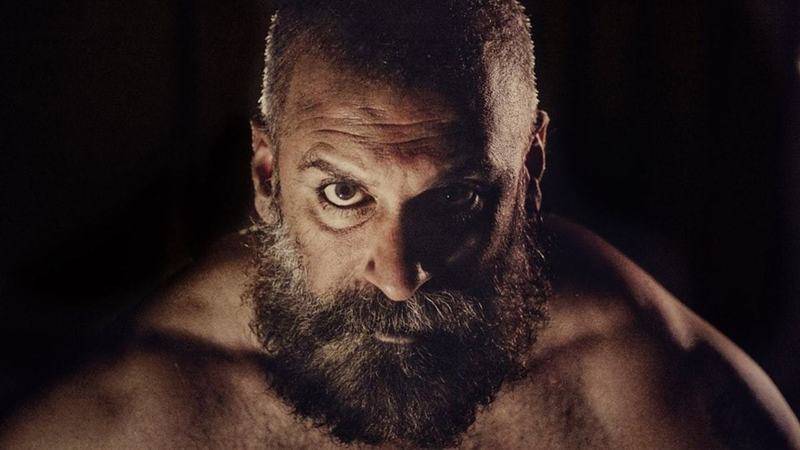
It seems that actor and producer Shamoon Abbasi’s upcoming film Durj will not be released in theatres across Pakistan as it faces hurdles in getting approval from the federal censor board.
Abbasi said that the film was initially cleared by film censor boards in both Punjab and Sindh, but rejected by the federal censor board.
“Suddenly, something happened; [the clearances from Punjab and Sindh] got revoked and the ones pending were put on hold. This is what we know for now and definitely, we will have to counter the process,” the actor said.
Slated for an international release on October 11, the film would be simultaneously released in different countries, including the US, United Kingdom, Canada, United Arab Emirates, Kuwait, Bahrain, Oman and Qatar. It was expected to be released in Pakistan on October 18.
Abbasi said that he fails to understand the objections raised on the film as it was based on a true story of two brothers who dug up over 100 graves and cannibalised the corpses.
He also said that the objection of the federal board would have made sense if the film had been unanimously rejected by the censor boards of all the provinces.
“We never wanted to glorify cannibalism. It [has] a storyline, and in the film, we researched about the mindset of these people and we tried to get at the root cause and the thought process so that others can understand how these people think and act,” the actor said.
“It's a very sensitive film with no blood or gore, it’s not the type of film to be banned outright as such, so I am not sure what happened,” he added.
"Members of Central Board of Film Censors viewed the feature film per prevalent censorship rules and did not consider it appropriate for public exhibition in cinema houses," Central Board of Film Censors Chairman Danyal Gilani said.
Abbasi admitted that he and his production team had not planned on releasing the film in Pakistan at all, but decided to go ahead with the move after receiving an overwhelming international response after the release dates were announced.
Abbasi said, “I said it will be released [in Pakistan], but honestly, we had a hunch that it could be a problem. But when it came to the censor board and — apart from two minor nude scenes — it was cleared, and we thought everything is fine because the film doesn't have that sort of blood and gore.”
The actor hopes to lodge an appeal in response to the federal censor board’s decision to stop the film from being released in the country.
Abbasi said that the film was initially cleared by film censor boards in both Punjab and Sindh, but rejected by the federal censor board.
“Suddenly, something happened; [the clearances from Punjab and Sindh] got revoked and the ones pending were put on hold. This is what we know for now and definitely, we will have to counter the process,” the actor said.
Slated for an international release on October 11, the film would be simultaneously released in different countries, including the US, United Kingdom, Canada, United Arab Emirates, Kuwait, Bahrain, Oman and Qatar. It was expected to be released in Pakistan on October 18.
Abbasi said that he fails to understand the objections raised on the film as it was based on a true story of two brothers who dug up over 100 graves and cannibalised the corpses.
He also said that the objection of the federal board would have made sense if the film had been unanimously rejected by the censor boards of all the provinces.
“We never wanted to glorify cannibalism. It [has] a storyline, and in the film, we researched about the mindset of these people and we tried to get at the root cause and the thought process so that others can understand how these people think and act,” the actor said.
“It's a very sensitive film with no blood or gore, it’s not the type of film to be banned outright as such, so I am not sure what happened,” he added.
"Members of Central Board of Film Censors viewed the feature film per prevalent censorship rules and did not consider it appropriate for public exhibition in cinema houses," Central Board of Film Censors Chairman Danyal Gilani said.
Abbasi admitted that he and his production team had not planned on releasing the film in Pakistan at all, but decided to go ahead with the move after receiving an overwhelming international response after the release dates were announced.
Abbasi said, “I said it will be released [in Pakistan], but honestly, we had a hunch that it could be a problem. But when it came to the censor board and — apart from two minor nude scenes — it was cleared, and we thought everything is fine because the film doesn't have that sort of blood and gore.”
The actor hopes to lodge an appeal in response to the federal censor board’s decision to stop the film from being released in the country.
